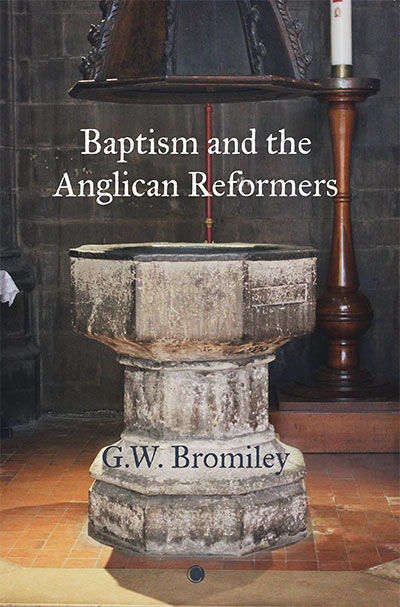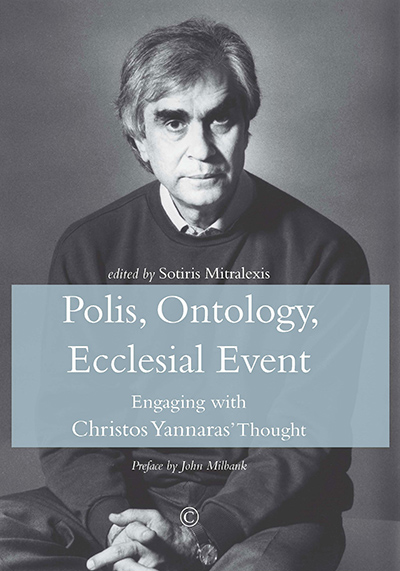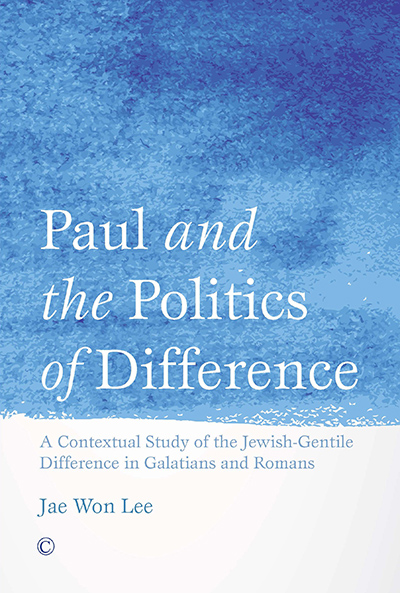Description
Writing in the middle of the twentieth century, G.W. Bromiley was acutely aware of the renewal of debates surrounding baptism taking place within the Anglican church and elsewhere. These debates, which are still the cause of denominational division, can be best understood by tracing them back to their origins in the sixteenth century. Analysing the Anglican Reformers’ views on baptism’s sacramental status, its liturgical format and its theological substance, Bromiley places the current diversity of positions in its proper context. The legitimacy of infant baptism, the authority of ministers and the efficacy of grace are all discussed. Whether a scholar of ecclesiological and doctrinal history, or of the current debate within and between churches, this study is essential reading on the question of baptism past and present.
About the Author
Geoffrey W. Bromiley (1915-2009) was Professor of Church History and Historical Theology at Fuller Theological Seminary. He gained his MA at Cambridge and his PhD and Dlitt in Edinburgh, and was previously lecturer and vice principal at Tyndale Hall, Bristol, and Rector of St Thomas’ Episcopal Church, Edinburgh.
Contents
Abbreviations
Preface
Introduction
I. The Sacrament
(1) General Concept
(2) Signification
(3) Types
(4) Necessity
II. The Participants
(1) The Minister
(2) Irregular Ministers
(3) The Subject
(4) Infant Baptism
III. The Rite
(1) Prerequisites
(2) Matter and Form
(3) Ceremonies
(4) Circumstances
IV. The Grace
(1) Effects
(2) Efficacy
(3) Infants
(4) Post-baptismal Sin
Conclusion
Bibliography
Index of Names
Index of Subjects
Index of New Testament References
Endorsements and Reviews
Bromiley begins by discussing “traditionalist” (i.e., pre-Reformation) perspectives before turning to the Lutheran, continental Calvinist, and English Reformers. He is careful to highlight both the continuities and discontinuities not only between the “traditionalists” and the Reformers, but also among the different segments of the Reformers themselves. The resulting overview feels compact yet thorough, serving as a solid introduction to perennial questions and controversies pertaining to baptism as they arose during the Reformation. James Clark, Review Editor,The North American Anglican
The book is somewhat schematically organized into four chapters: ‘The Sacrament,’ ‘The Participants,’ ‘The Rite,’ and ‘The Grace.’ Each chapter, in turn, has four sections. One might wonder whether such symmetry can do justice, without remainder, to the complexity of the subject matter. It does, and it does so with minmimal and motivated redundancy.Mark S. LeTourneaus, Weber State University, in Anglican and Episcopal History, Volume 93, Number 3, September 2024, 691-692 pp.





